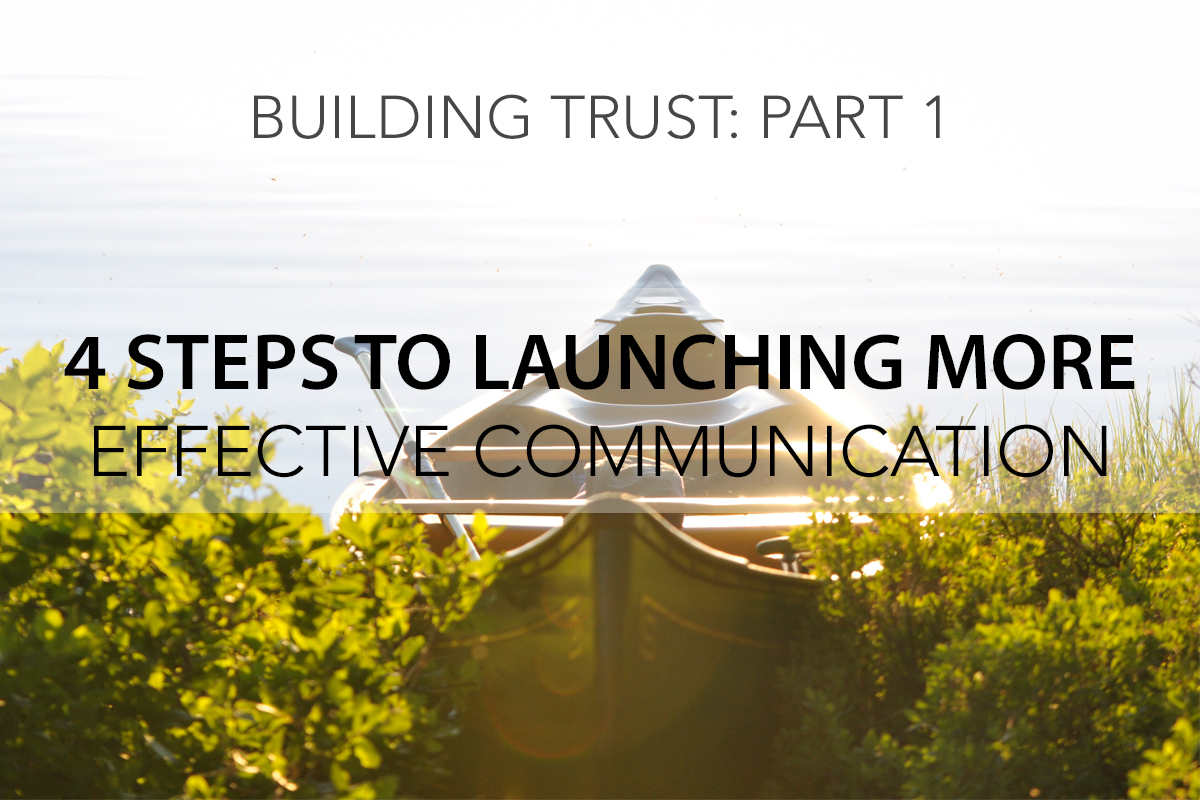My wife is far-sighted and I am near-sighted. Because we each have a different strength with a corresponding weakness, we make a pretty good team. Without our glasses, we perceive the world differently. She can read road signs in the distance, but I can read menus. She keeps me from missing my exit, and I can tell her to order the chicken cacciatore. But when we both think we are absolutely right and the other person is totally wrong, there will be the inevitable conflict.
Read moreWhat Is Causing Your Conflict?
Unresolved conflict in the workplace is expensive on many fronts. However, conflict can be a critically important component in the formation of high-functioning teams. The key is knowing how to allow the right amount and the right kind of conflict into the system without letting it escalate into a damaging dispute. To do this, we must understand the different root causes of conflict. Which of the following 7 points is the root cause of your conflict?
Read moreHow to Boost Your Team's Performance
Researchers in behavioral neuroscience have made some stunning discoveries about how our brain cells actually create a chemical connection with others. This is measurably true between leaders and their followers. Simply stated, a leader’s mood drives the mood of the team. Leaders who consistently manifest emotional maturity (high emotional intelligence) will likely have a high performing and loyal team following them.
Read moreBuilding Trust Part 1: Communication
The 6 Trust Gauges to the right graphically describe how trust works among people and in organizations. All people have expectations of themselves and others, but they may not be understood, agreed upon, or fair. These expectations fall into one or more of the following categories: communication, character, concern, competence, connectedness, and consistency. Trust is built when we prove reliable by meeting the expectations others have of us in these six areas.
Read more10 Steps to Rebuild Broken Trust
When trust is broken, either for reasons of unethical behavior or due to differing expectations, the results are disappointment, hurt, and anger. It is very easy to respond by not wanting to trust again or invest the time and energy necessary to rebuild the lost trust. However, this only results in embedding unhealthy feelings and behaviors into the organization’s culture. To get your organization healthy again, it's important to begin rebuilding trust as soon as possible. Easier said then done. Here are 10 steps to get you started.
Read more5 Things Your Boss Needs from You
If expectations aren't clear, sometimes it is really hard to know what your boss wants. But even if your leader is a great communicator, there are still some unspoken things that he/she expects from you.
Read more






